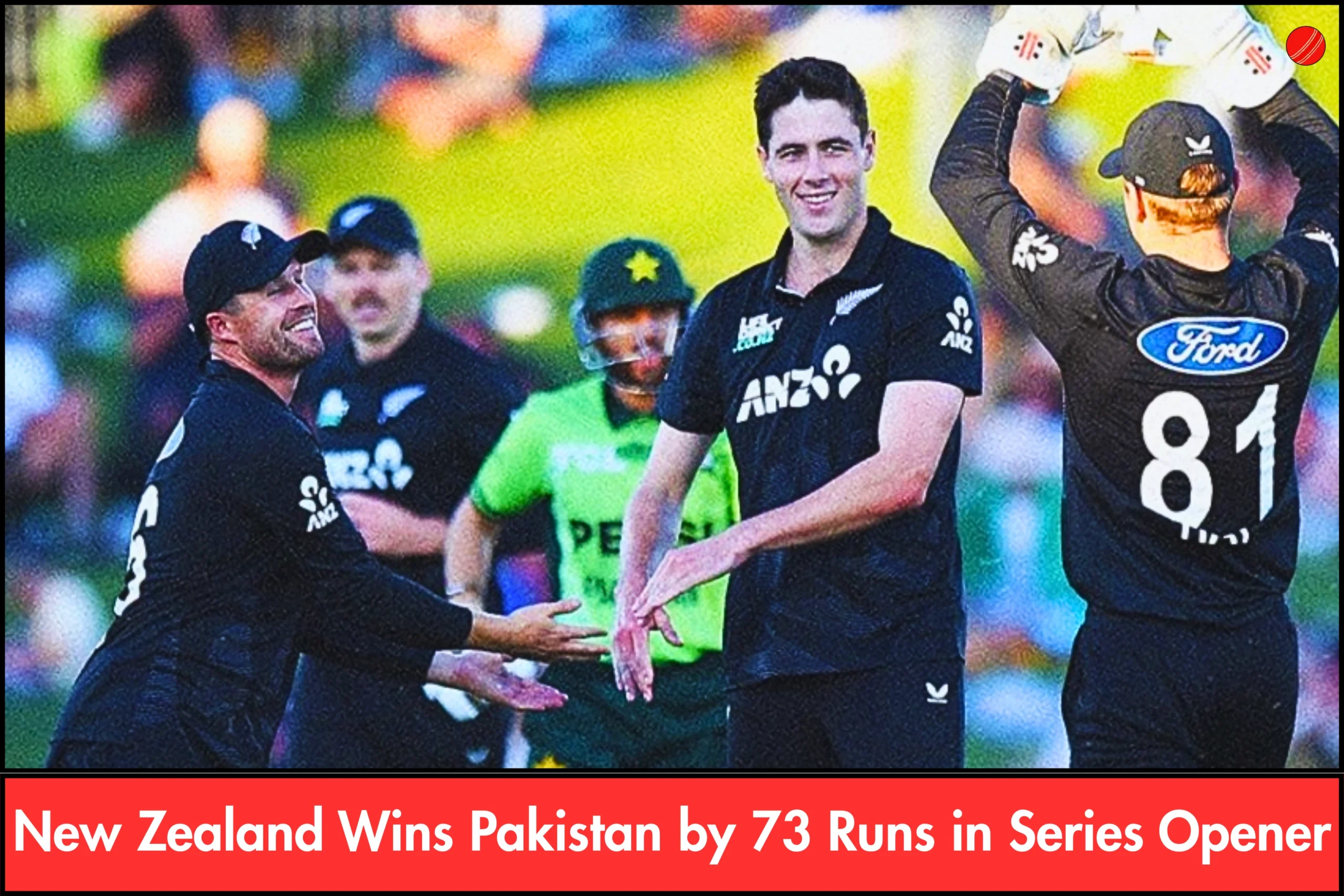BCCI Influence Over ICC
Cricket has long been celebrated as a gentleman game, where fair play and sportsmanship stand above all. However, recent claims from cricketing legends suggest that fairness may be taking a backseat in the face of administrative power. Former West Indies fast bowler Andy Roberts and former England captain Michael Atherton have raised concerns about the Board of Control for Cricket in India (BCCI) wielding undue influence over the International Cricket Council (ICC). Their remarks have sparked widespread debate about the governance of international cricket and whether India is receiving preferential treatment.
The controversy reached its peak during the ICC Champions Trophy 2025 and the T20 World Cup 2024. Both events saw scheduling decisions that seemed to favor India, giving rise to accusations that the ICC prioritizes India interests over the sport integrity. The situation has left fans and experts questioning whether the governing body of cricket is truly impartial or if financial and political influences dictate its decisions.
Andy Roberts Criticism of ICC Favoritism
Andy Roberts has been vocal in his criticism of the ICC decisions regarding India fixtures. He pointed out that India benefited from scheduling advantages in both the Champions Trophy and the T20 World Cup. The 2025 Champions Trophy was originally set to be hosted in Pakistan, but India matches were moved to Dubai under a hybrid model. This decision, made at an ICC board meeting, ensured that any fixture involving India in Pakistan would instead be played at a neutral venue.

Roberts believes that this arrangement provided India an unfair edge. He also highlighted that during the T20 World Cup 2024, India allegedly had prior knowledge of their semi-final venue in Guyana, giving them a strategic advantage over their opponents. His comments reflect a growing frustration among cricketing nations who feel sidelined by decisions seemingly made to accommodate India.
The Champions Trophy Controversy
The 2025 ICC Champions Trophy added further fuel to the fire. While other teams had to travel across different venues, India played all their matches in Dubai. Roberts questioned the fairness of this, stating that in a tournament of such magnitude, no team should enjoy the luxury of playing at just one venue. He expressed concerns that this arrangement not only gave India a logistical advantage but also allowed them to become familiar with the playing conditions, a crucial factor in high-stakes matches.
Former England captain Michael Atherton echoed these concerns. He pointed out that India ability to remain in Dubai throughout the tournament removed the stress of travel, which other teams had to endure. In international tournaments, travel fatigue can significantly impact player performance, making India fixed location a potential game-changer in their favor.
https://cricketpakistan.com.pk
India Growing Control Over ICC Decisions
Beyond just scheduling, Roberts went further to suggest that the BCCI holds excessive control over ICC decisions. He made a scathing remark, stating that the ICC operates under India influence to such an extent that if India were to demand rule changes—such as eliminating no-balls and wides—the ICC would likely comply.
This perception stems from India dominance in the cricketing world, both financially and competitively. The BCCI is the wealthiest cricket board, contributing a significant portion of the ICC revenue. With such financial clout, many believe that India can dictate terms and influence key decisions that shape international tournaments.
Financial Power and Its Impact on Decision-Making
Cricket financial landscape has shifted dramatically over the past two decades. With the rise of the Indian Premier League (IPL) and India massive television audience, the BCCI has gained unprecedented power. Broadcasters and sponsors see India as the biggest market, which means ICC events are often tailored to maximize Indian viewership.
For example, scheduling key matches in prime-time slots for Indian audiences has become a norm. The ICC has also faced accusations of favoring Indian interests when it comes to commercial partnerships and tournament formats. Such practices, while beneficial for cricket financial growth, raise ethical concerns about whether the sport is prioritizing profits over fairness.
The Impact on Other Cricketing Nations
The growing influence of the BCCI has left many cricketing nations frustrated. Traditional powerhouses like Australia and England have raised concerns over India control, while emerging teams struggle to make their voices heard. The Pakistan Cricket Board (PCB), in particular, has been at odds with the ICC over India refusal to play in Pakistan, citing security concerns. However, critics argue that if security were truly a concern, India should also avoid other countries with similar risks, yet they continue to play matches in those regions.
Smaller cricketing nations face an even greater challenge. They often rely on ICC funding, which is heavily influenced by India financial contributions. This dependency creates an imbalance where boards may hesitate to challenge decisions that favor India, fearing financial repercussions.
The Champions Trophy 2025 Final: A Testament to India Dominance
Despite the controversy, India emerged victorious in the ICC Champions Trophy 2025, defeating New Zealand by four wickets. Chasing a target of 252, India secured the title with six wickets in hand and six balls to spare. While their triumph was celebrated by fans, it reignited discussions about whether their success was aided by the advantages they enjoyed throughout the tournament.
For India supporters, their team performance was a testament to their skill and preparation. However, critics argue that their path to the final was made easier by favorable conditions, raising doubts about the integrity of international cricket competitions.
Can the ICC Regain Its Credibility?
The ICC finds itself at a crossroads. To maintain its credibility, it must ensure that all teams are treated equally, regardless of financial influence. This includes transparent scheduling, neutral venues, and fair decision-making processes that do not favor any single nation.
One possible solution is to establish an independent regulatory body within the ICC to oversee scheduling and tournament organization. This body could ensure that no team, regardless of its financial contributions, receives preferential treatment. Additionally, greater representation from all cricketing nations in decision-making forums could help balance the power dynamic.
The Future of International Cricket
The debate over India influence in the ICC is unlikely to subside anytime soon. As cricket continues to evolve, balancing financial success with sporting integrity will remain a challenge. While India contributions to the game cannot be ignored, the ICC must find ways to ensure that all nations compete on a level playing field.
Cricket true spirit lies in fair competition, where victory is determined by skill rather than boardroom politics. Whether the ICC can uphold these values in the face of mounting financial pressures remains to be seen.
FAQs
Why are India matches in ICC tournaments often scheduled in specific venues?
India matches are often scheduled in specific venues to maximize viewership and revenue. The large Indian audience influences scheduling decisions, sometimes leading to accusations of favoritism.
Did India have an advantage in the ICC Champions Trophy 2025?
Critics argue that India had an advantage since they played all their matches in Dubai without traveling, unlike other teams who had to adjust to different venues.
How does the BCCI influence the ICC decisions?
The BCCI financial power gives it a strong influence over the ICC. Since India generates a significant portion of cricket revenue, its demands often hold more weight in decision-making.
What solutions can ensure fair scheduling in ICC tournaments?
A more transparent scheduling process and an independent regulatory body within the ICC could help ensure fair treatment of all teams.
Has any other cricket board raised concerns about India influence?
Yes, several cricket boards, including those from England, Australia, and Pakistan, have expressed concerns about India’s growing control over ICC decisions.






